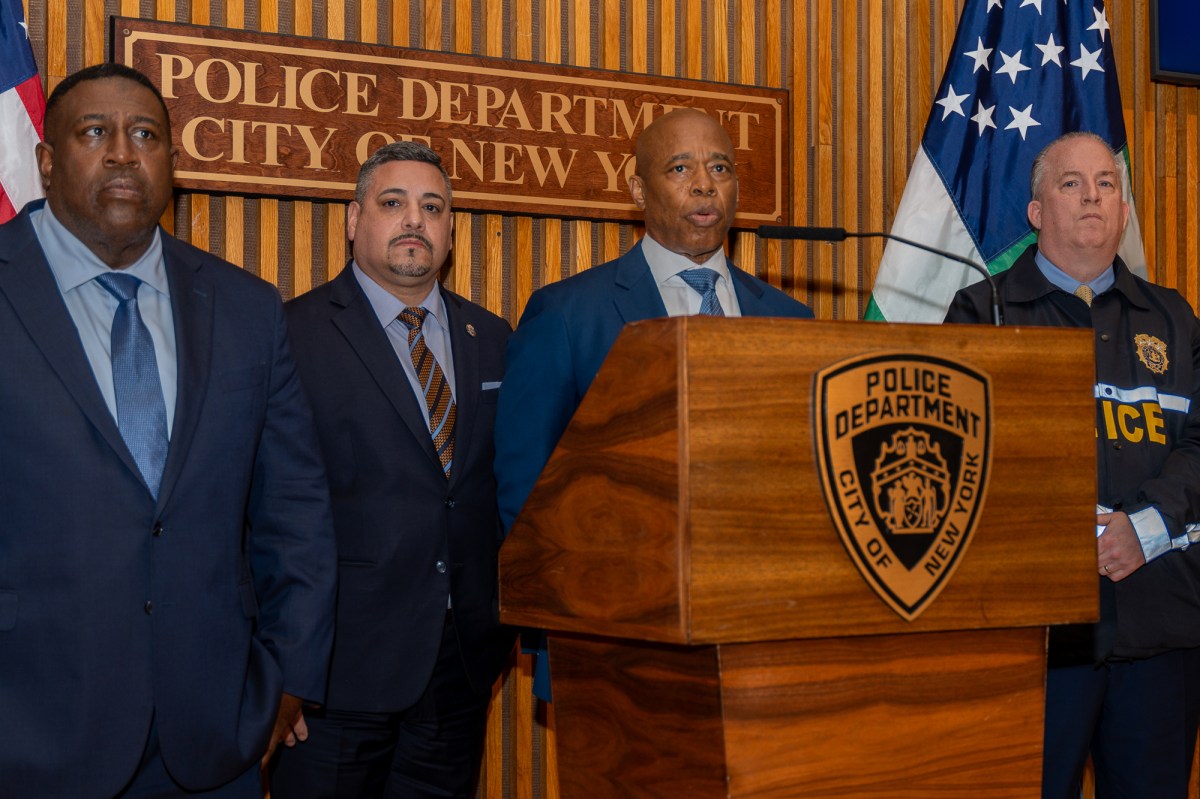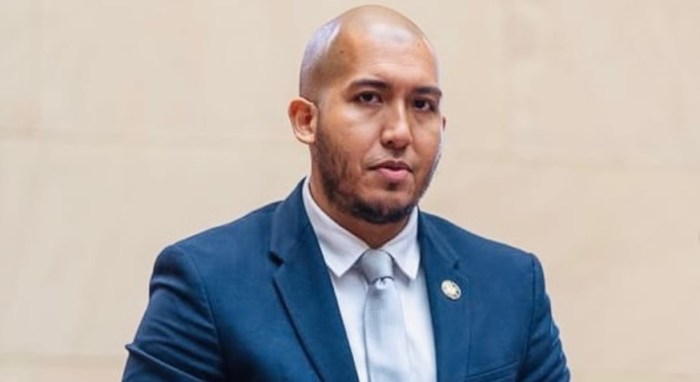By Stephen Witt
The City Council last week overrode a Mayor Bloomberg veto that forces landlords to accept a widely used housing voucher subsidy program. Under the legislation that takes effect immediately, landlords cannot discriminate against renters that hold a federal Section 8 voucher, which pays a portion of a low-income tenant’s rent based upon their income. “This bill is a common-sense piece of legislation that will help thousands of low-income New Yorkers find a safe and affordable place to live, which is a necessity as we’re facing an economic downturn,” said City Councilmember Bill de Blasio, the lead sponsor of the original bill, which was passed 39-8 on January 30. “Too many New Yorkers are denied a home when landlords turn them away based on their source of income. This kind of discrimination is unacceptable,” he added. Over 300,000 New Yorkers rely on Section 8 to pay their rent – the largest number of Section 8 tenants in any city in the country. The bill would prohibit owners of buildings with more than five units from refusing to accept legal sources of income such as Section 8 housing vouchers. A 2007 report from NY ACORN (Association of Community Organization for Reform Now) found that landlords throughout the City were refusing to accept tenants with Section 8 and were rejecting existing tenants who had recently begun to pay using Section 8 vouchers. A study released by ACORN NY in April of 2007 revealed that of 122 available studios and one bedroom apartments within Section 8 limits being advertised on various websites and in newspapers, only 16 of the owners surveyed would accept Section 8 vouchers. The override also comes after Bloomberg announced in January 2007 that the federal government would make 22,000 new Section 8 vouchers available to the city. “New York City is finally joining almost every other major city in the United States in barring this egregious form of discrimination against low-income households,” said NY ACORN Executive Director Bertha Lewis. “This law will help put a stop to landlords seeking to purge their buildings of low-income tenants in an effort to speed gentrification. It’s a victory for all working class New Yorkers who are fighting to remain in their neighborhoods,” she added. Major cities that currently prohibit landlords from refusing to accept Section 8 vouchers include Los Angeles, San Francisco, Chicago and Washington, D.C. Additionally, New Jersey and Connecticut have passed similar state laws. Bloomberg, who did not give a comment concerning the override, re-released his reasoning for vetoing the law on Feb. 28, saying the onus should be on the government to make the Section 8 program more attractive to landlords. “The City Council’s effort to protect tenants from “source of income discrimination” while well-intentioned, would force private landlords to participate in a public program even at a cost to their bottom lines and has the potential to result in increased rents in our most affordable housing stock,” wrote Bloomberg. Bloomberg noted that once a landlord agrees to accept a Section 8 voucher for a particular unit, the unit is taken off the market, while the necessary inspections and paperwork are completed. While city agencies have made great efforts to reduce this time period, it is still on the average of three months, in which no rent is collected, he wrote. “The city must respect a landlord’s decision not to forsake multiple months of rent by participating in the Section 8 program,” wrote Bloomberg. “In addition, once in the program, housing units are subject to annual inspections and subsidy payments may be suspended until violations are rectified.” A spokesperson for City Council speaker Christine Quinn said now that the law is enacted, tenants that are denied an apartment because they have a Section 8 voucher can file a compliant with the city Human Rights Commission and action will be taken.

































